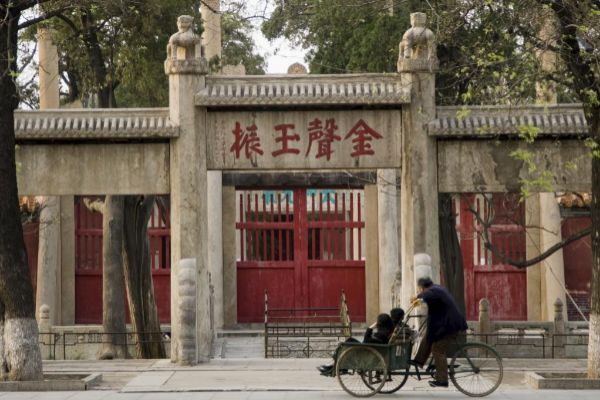I have visited South Korea for a few days and the strength of traditional values in the face of the assaults of modernity in this area never ceases to amaze me. The issue is much more striking if you consider the results of this tension in the West, where the demands quickly translate into political changes that are acquiring the imprint of structural.
Asian societies process the demands of modernity in another way. It is not that they live with their backs to #metoo , or feminism, or animalism, or the demands of gender, but these debates have barely made a dent to the traditional family , to the patriarchal order and to the respect due to the elders that are identity signs of Confucianism.
This religious base, in which Buddhism, Shintoism and other beliefs can be integrated, is so powerful that even the Chinese Communist Party, having tried to eradicate it as considered synonymous with ignorance and backwardness, has entered into an alliance with it taking advantage of that his teachings reinforce obedience and respect for social hierarchies.
For a while I thought it was an issue linked exclusively to the one-party dictatorship in the Chinese case, but subsequent visits to democratic countries, such as South Korea or Japan, lead me to think that, especially Confucianism , is so involved in everyday life that will be impossible to uproot the uses and customs that it has promoted.
In addition, in the case of Asian democracies, the response to new demands is extraordinarily sophisticated. This is the case of hallyu , the "Korean wave" that refers to the enormous popularity achieved globally by its cultural products: the kpop or the kdramas . The hallyu , for example, has consolidated as a protagonist a new concept of masculinity, the Korean pretty boy , an ambiguous man, with attributes even more exaggerated than those of the metrosexuals we met in the West and very similar to the Japanese Bishonen , a boy whose sex appeal overflows your sexual orientation.
This social model coexists with the traditional family, which does not feel attacked by it. Because he perceives it as a passenger or as a phenomenon that does not aggravate it. A very different attitude to that produced in the West, where each change is perceived as a threat. The reason may be that Confucianism is about 500 years older than Christianity.
According to the criteria of The Trust Project
Know more- South Korea
- Japan
- Columnists
Wrecks Pantomime Full
Considering cold Errejón views
Fine cinnamon Pablo Iglesias, Pedro Sánchez

